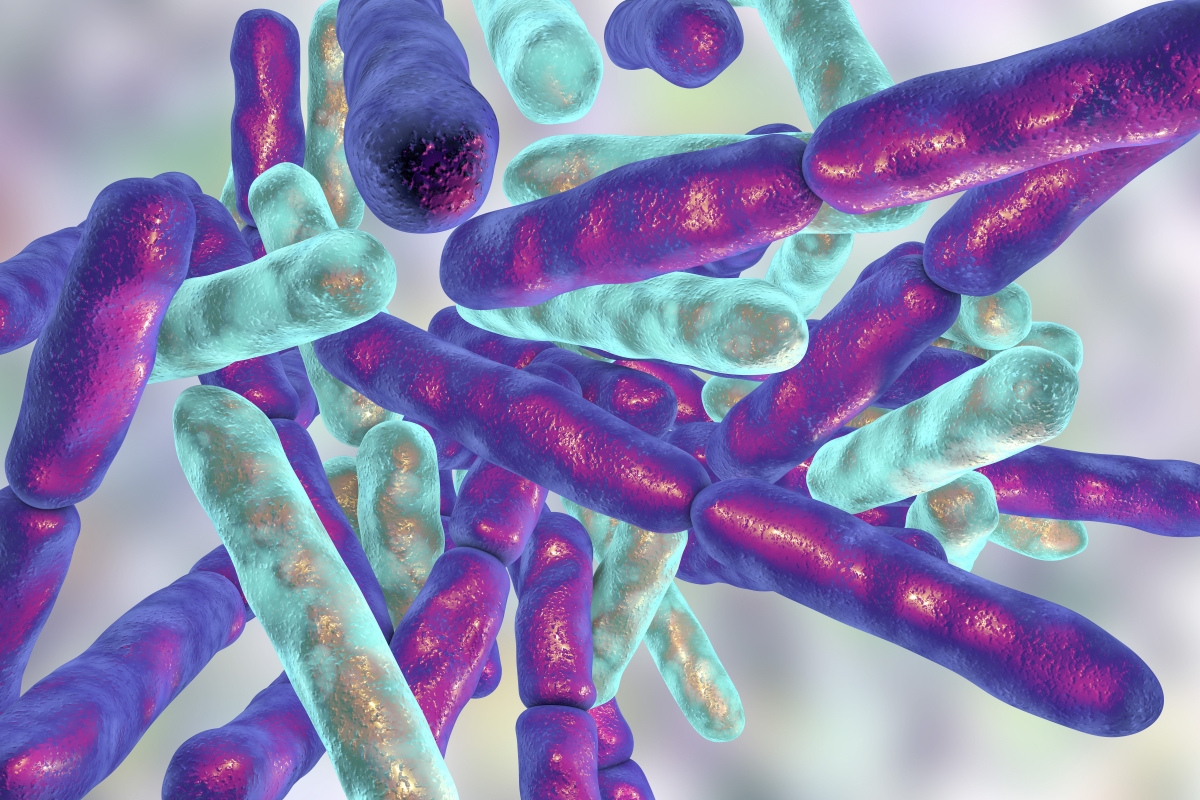Mood disturbance, but not overall diet quality, is associated with fecal microbiome diversity in free-living adults
To investigate the gut-brain axis, this study by Smith et al. (2024) looked at the connections between fecal microbiota, diet quality (DQ), and mood disruption (MD) in healthy people. Data from 75 healthy people recruited in two trials were subjected to a cross-sectional analysis. Anthropometric measures, fecal microbiota 16s rRNA gene sequencing, DQ evaluated by the Healthy Eating Index-2015 (HEI), and MD calculated using the Profile of Mood States (POMS) were all included in the analysis. Differences in alpha-diversity (i.e., the difference between species within one locality) and DQ were explored between groups with low (n=37) and high (n=38) MD. The participants were primarily white (67%), with an average age of 54.5 years (±11.8), and were overweight (28.5 ± 6.5 kg/m²). Higher alpha diversity, as measured by Shannon and Simpson indices, was found in those with low MD compared to those with high MD. These indices were negatively correlated with anger and total MD and with tension and fatigue subscales. Refined grain consumption was associated with increased fatigue and tension. However, DQ was not found to significantly moderate the relationship between alpha-diversity and MD. The Shannon index was a significant predictor of MD, but neither the total HEI score nor the interaction between the Shannon index and HEI score was significant. DQ was linked to several mood state subscales in this adult population, and more bacterial diversity was linked to lower MD. [NPID: Gut microbiome, alpha diversity, mood disturbance, diet quality, profile of mood states]
Year: 2024
 Navigation
Navigation








